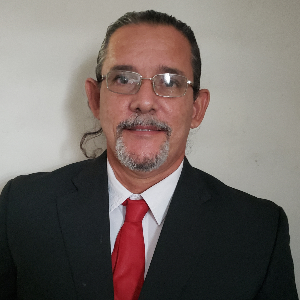Abstract:
Introduction: Intracranial hypertension is closely associated with craniocerebral trauma in pediatrics, so its control represents one of the main treatment objectives in most action protocols. Objectives: to show the effect of primary decompressive craniectomy on ICP, CPP and intracranial compliance in a group of pediatric patients who suffered from severe craniocerebral trauma.
Material and Method: A pre-experimental study without a control group was carried out with 30 pediatric patients who underwent primary decompressive craniectomy for severe craniocerebral trauma, at the “Roberto Rodríguez Fernández” general teaching hospital in Morón, Ciego de Ávila, Cuba. between January 2003 and December 2017.
Results: Grade IV diffuse axonal injury was the most frequent tomographic diagnosis in 18 (60%), with a predominance of dislocations greater than 6mm in 24 cases (80%). 18 patients (60%) had normal ICP after craniectomy, cases with normal perfusion pressure predominated, 20 (66.67%). There was a correlation between normal ICP and normal compliances. The amplitude of the pulse waves was used for the qualitative interpretation of the compliances. 22 cases survived (73.33%) of them 18 (60%) without sequelae. 8 cases died (26.67%).
Conclusions: Primary CD was useful for ICP control, CPP maintenance in the management of pediatric patients with gTBI in the present study. The favorable effect of the procedure has been proven to increase intracranial compliance.
Audience Take Away
- The audience will learn about the usefulness of decompressive craniectomy in pediatric severe head trauma with intracranial hypertension and its relation with intracranial compliance
- We show the usefulness of invasive and non-invasive neuromonitoring in severe head trauma in pediatrics
- We will report about the technical modifications to decompresive craniectomy in pediatric patients



